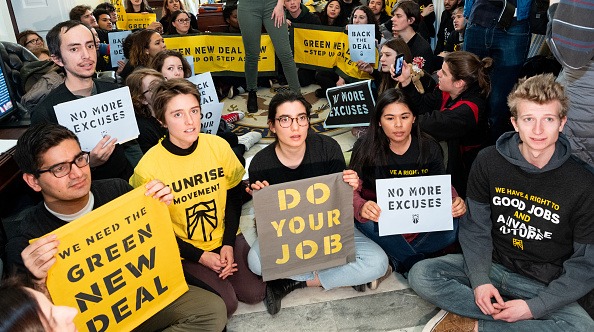Greenpeace is an international non-governmental environmental organization founded in 1971.
Greenpeace is an international non-governmental environmental organization founded in 1971. Greenpeace states its goal is to “ensure the ability of the Earth to nurture life in all its diversity” and focuses its campaigning on worldwide issues such as climate change, deforestation, overfishing, commercial whaling, genetic engineering, and anti-nuclear issues. Greenpeace has a worldwide network of offices and also operates in more than 40 countries across Europe, North America, Oceania and Asia. The global organization does not accept funding from governments or corporations.
Greenpeace was founded by Irving Stowe (an American who moved to Canada), Dorothy Stowe (Irving’s wife), Jim Bohlen (a former Sierra Club executive director) and Bob Hunter (who became a director). Irving Stowe was a civil engineer who had worked for the U.S. Atomic Energy Commission on nuclear tests after World War II; he also wrote articles for “Scientific American”. In 1970, he attended a lecture by Paul Ehrlich at Stanford University about the effects of population growth on resources available for consumption. Irving then published an article titled “Eco-Catastrophe!,” which led to his founding of the Population Crisis Committee. He also wrote articles that were published by “The Washington Post” and “The New York Times.”
